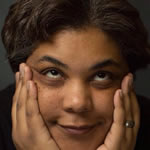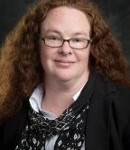 Sarah Bell joins the Department of Humanities as an assistant professor. Before coming to Michigan Tech, Bell was at the University of Utah. Bell earned a PhD in Communication (rhetoric and writing studies) from the University of Utah and a Master’s in Library and Information Science from the University of Washington.
Sarah Bell joins the Department of Humanities as an assistant professor. Before coming to Michigan Tech, Bell was at the University of Utah. Bell earned a PhD in Communication (rhetoric and writing studies) from the University of Utah and a Master’s in Library and Information Science from the University of Washington.
Her work has been published in Journal of Business and Technical Communication and Computational Culture. She also belongs to the Association for the Rhetoric of Science and Technology.
(This article originally appeared in Tech Today.)
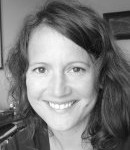



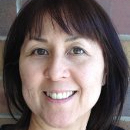
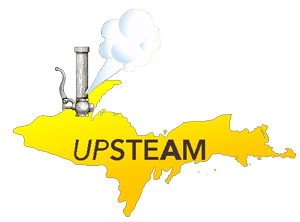 Michigan Technological University in the Upper Peninsula is organizing summer week-long workshops starting in June 2016 for academics interested in the interrelation of the liberal arts, humanities, and STEM fields at the college level. Following movements in K-12 education, we seek to address for higher education the observation that STEM plus Arts = STEAM, and that STEAM is crucial to universities, especially tech-heavy ones.
Michigan Technological University in the Upper Peninsula is organizing summer week-long workshops starting in June 2016 for academics interested in the interrelation of the liberal arts, humanities, and STEM fields at the college level. Following movements in K-12 education, we seek to address for higher education the observation that STEM plus Arts = STEAM, and that STEAM is crucial to universities, especially tech-heavy ones.